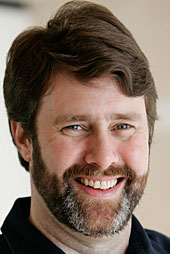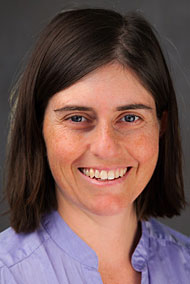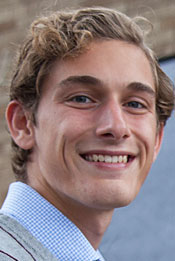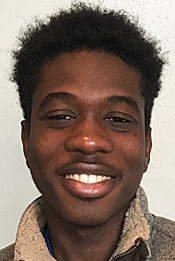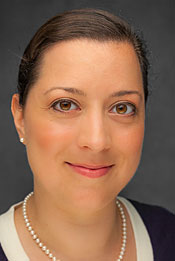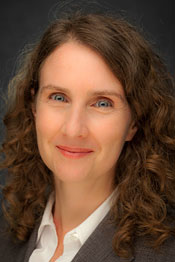The range of Englishes that people, particularly those born outside of the United States, may use will be the focus of the latest presentation in Lawrence University cultural competency series.
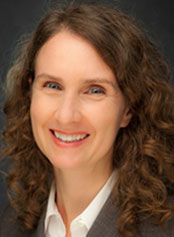
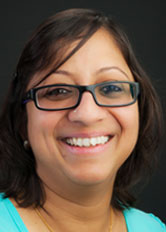
Cecile Despres-Berry, director of English as Second Language and Lawrence’s Waseda student exchange program and Lavanya Proctor, assistant professor of anthropology, present “Supporting People Who Use Diverse Englishes” Thursday, March 1 at 11:15 a.m. in the Warch Campus Center. The event is free and open to the public, but advance registration would be appreciated at div-inclusion@lawrence.edu.
Proctor and Despres-Berry will lead a discussion on how various varieties of English are neither more or less correct than others, but simply different. In an effort to offer practical guidance to inclusive interactions across the range of Englishes used in the community, Proctor and Despres-Barry will examine language attitudes and ideologies inherent in the idea of standard Englishes and how to recognize and avoid linguistic discrimination.
Proctor, who joined the faculty in 2014, has research interests in linguistic anthropology. Despres-Berry has taught at Lawrence since 2002, teaching courses designed to help non-native speakers of English reach their language learning goals.
About Lawrence University
Founded in 1847, Lawrence University uniquely integrates a college of liberal arts and sciences with a nationally recognized conservatory of music, both devoted exclusively to undergraduate education. It was selected for inclusion in the book “Colleges That Change Lives: 40 Schools That Will Change the Way You Think About College.” Engaged learning, the development of multiple interests and community outreach are central to the Lawrence experience. Lawrence draws its 1,500 students from nearly every state and more than 50 countries.
